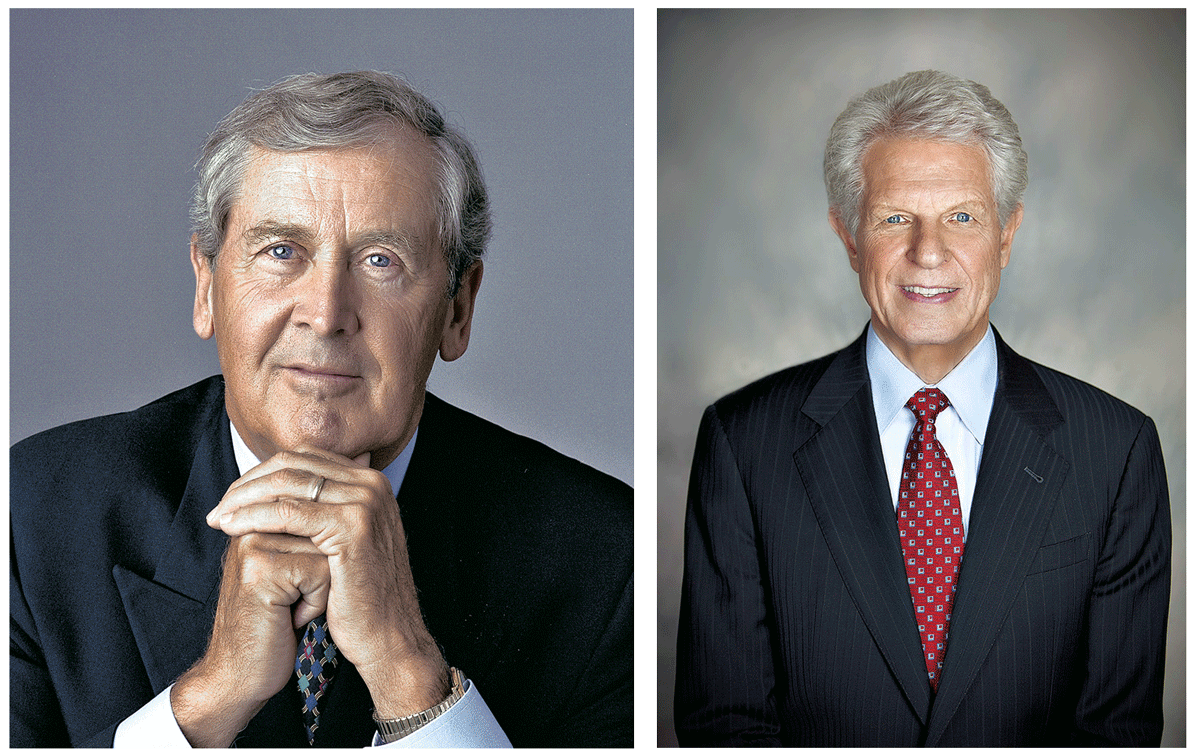Visit any Fortune 500 company and ask the first 10 employees you meet about their brand. Not one, barring the brand manager (if you are lucky), will have a clue what values or positioning they should be delivering to customers.
Their attention and potential support was lost long ago when a sea of circles, triangles and keyholes containing brand personalities, traits, values and attributes washed over the heads of an unsuspecting workforce.
A correlation exists between the brevity of a brand’s positioning and its potential to succeed. That success hinges on ensuring that the positioning is not only tight, but right. It is hard to know whether your positioning statement is right, but it is far easier to determine whether it is wrong.
Most companies use the same tired values to position their brand. Three brand values repeatedly emerge. This unholy trinity is generic, worthless and sadly symptomatic of indolent marketers who apply a branding-by-numbers approach to this most vital and unique of challenges. Irrespective of format or length, if your brand positioning contains any (or all) of the values described below, I steadfastly predict imminent failure to build the brand.
The first is quality. Quality is a multidimensional concept. It can mean hundreds of different concepts: luxury, reliability, rarity, performance, taste, durability, speed and slowness, to name a few. If the point of positioning is to focus the brand, why do it on something that means different things to different people at different times? If you cannot be specific about your brand in its positioning statement, everything that follows will be equally vague and mundane.
The next harbinger of incompetent branding is trust. I have yet to encounter a business-to-business company that does not position itself as a ‘trusted partner’ to its customers. Trust and partnership are almost as nebulous in meaning as quality. Worse, if everyone is attempting to be a trusted partner in your market (and believe me, they are), it is hardly going to differentiate you. Indeed, you should ask whether a situation could arise in which these values would not apply? When would a company ever want to be untrustworthy or uncooperative with its customers?
The third and most pernicious value is innovation. By my estimate, more than 70% of all UK brands claim innovation as a core value. Ironically, this ubiquity ensures that there is nothing innovative about positioning yourself as innovative. The only way to be a truly innovative brand is to exclude it from your positioning.
The other problem with innovation is that it holds no value for customers.
Consumers do not care how you solve problems. Their only concern is whether your solution works.
If I were to divide all the firms I have ever worked for into two piles marked ‘successful’ and ‘average’ in terms of market share, profitability and share price, I would observe two things. The successful firms would exhibit a heterogeneous range of peculiar and unexpected brand values derived from insightful research and demanding positioning. The average businesses would repeatedly feature the unholy trinity of brand values.
The latter companies are the ‘trusted partners offering quality and innovation’ or ‘innovative partners who guarantee trusted quality’. Their brands and their futures are as undistinguished as they are ubiquitous.
30 SECONDS ON … DISTINCTIVE BRAND POSITIONINGS
– Haagen-Dazs was positioned by Grand Metropolitan as an ‘adult, sensual, exclusive experience’. Differentiation, price premium and enduring sales promptly ensued.
– Attacked for its poor service, ageing fleet and unreliable performance, United Airlines, with the help of Fallon, developed the positioning statement ‘Rising’, which was accompanied by a series of customer promises. But United continued to struggle with service problems, and the positioning further alienated target customers, while enraging staff who saw it as a veiled criticism of past performance.
– Tesco believes its culture is so strong that no brand articulation is needed. Working hard for customers and a no-nonsense approach are its implied values.
– In one infamous, but confidential, case, a global technology firm produced a ‘brand manifesto’ that stretched over 294 pages.
The Blake Project Can Help: The Brand Values Alignment Workshop
Branding Strategy Insider is a service of The Blake Project: A strategic brand consultancy specializing in Brand Research, Brand Strategy, Brand Licensing and Brand Education





One comment
Mike Mirkil
June 27, 2008 at 8:26 pm
I love it! The unholy trinity. Well put, and so true.
Far too many companies think they can define their own values, beliefs and positioning. Positioning your brand is critical, but these same companies default to the “all things to all people” lowest common denominator. Put a stake in the ground. Stand for something no one else does. Differentiate your brand!
Great examples, too. A company that doesn’t need to articulate its values? Seems to me a key value of theirs is arrogance!
Comments are closed.